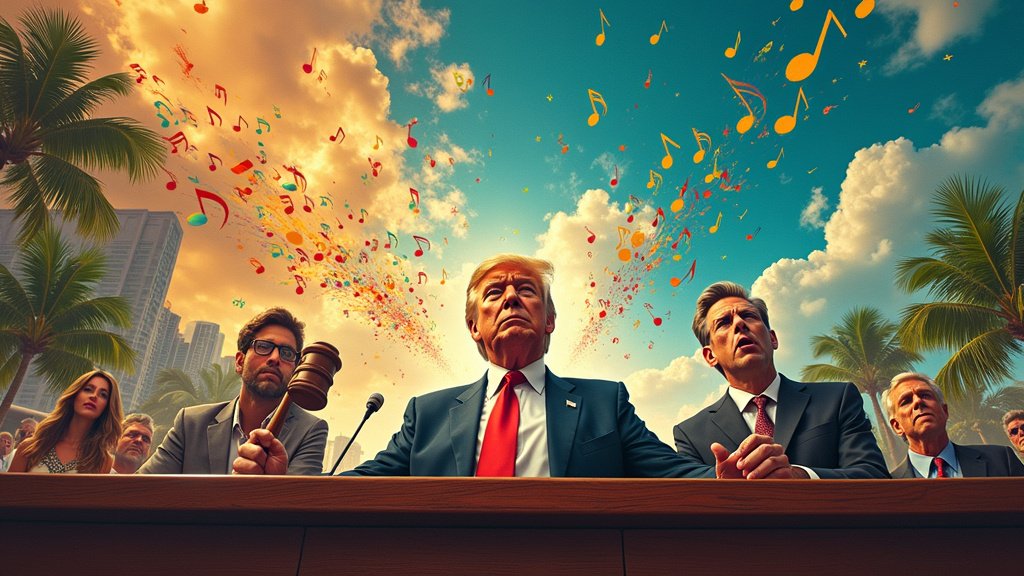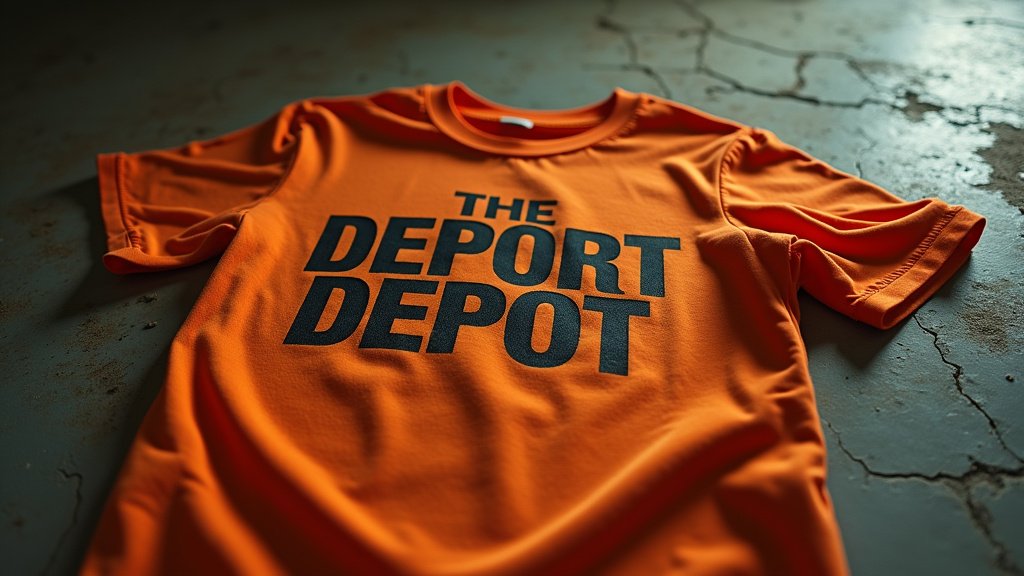MIAMI, FL – The current political affairs in the City of Miami have taken a dramatic turn as the heated election season officially restarts, not with traditional rallies, but with a volley of sharp, satirical campaign jingles. This unconventional kickoff follows a pivotal legal battle that overturned the City Commission’s controversial attempt to postpone this year’s vote, setting the stage for a November election brimming with renewed fervor and unique cultural expression.
The Unconstitutional Postponement and Public Outcry
The genesis of this tumultuous election cycle dates back to June 2025, when the Miami City Commission, in a narrow 3-2 vote, enacted an ordinance to shift the scheduled November 2025 municipal elections to November 2026. Proponents of the delay, notably Commissioner Damian Pardo, argued that aligning city elections with larger state and national cycles would boost voter turnout and generate significant cost savings for the city. However, this decision immediately ignited a firestorm of criticism.
Opponents, including a diverse array of mayoral candidates and concerned citizens, vehemently condemned the move as an audacious power grab. They argued that extending the terms of incumbent officials, including term-limited Mayor Francis Suarez and Commissioner Joe Carollo, by an additional year without the explicit consent of voters was fundamentally undemocratic. Alarm bells were further sounded by high-ranking state officials. Florida Attorney General James Uthmeier and Governor Ron DeSantis issued stern warnings, asserting that the city lacked the authority to alter election dates without voter approval, emphasizing that such an action violated both the city and county charters, as well as the state constitution.
A Legal Showdown Clears the Path
Amidst the escalating controversy, mayoral candidate Emilio Gonzalez emerged as a central figure in challenging the commission’s decision. In early July 2025, Gonzalez filed a lawsuit, arguing that the postponement effectively disenfranchised Miami voters. The legal proceedings moved swiftly, culminating in a significant victory for transparency and democratic process. Miami-Dade Circuit Court Judge Valerie Manno Schurr initially ruled against the city, declaring the ordinance unconstitutional.
This ruling was subsequently upheld by Florida’s Third District Court of Appeal. The appellate court affirmed that the city’s ordinance was, in essence, an unconstitutional amendment to its charter, as it bypassed the mandatory requirement of voter approval through a referendum. The court’s unequivocal stance highlighted that the City of Miami “may not enact an ordinance which effectively amends its Charter without submission of the issue to the will and vote of its constituents by referendum.” This decisive legal outcome cleared the path for the elections to proceed as originally planned in November 2025, despite the city’s indication of exploring further appellate options. This news represented a major turn in Miami current affairs.
The Sound of Satire: News Miami Dade’s Jingle Offensive
With the elections now firmly back on track, a new, uniquely Miami flavor has infused the campaign landscape: satirical jingles. The group “News Miami Dade,” active on the social media platform X (formerly Twitter), has taken center stage by releasing a series of biting, comical campaign songs that target prominent political figures. These jingles leverage the city’s rich tradition of political satire, blending sharp critiques with catchy, often Spanish-language, rhythms.
One of the primary targets of these jingles is Miami-Dade Commissioner Eileen Higgins, who has filed to run for mayor but has yet to officially qualify. The song directed at Higgins paints her as a career politician, accusing her of financial mismanagement during her time on the county dais, specifically citing a substantial $400 million budget shortfall. It also lampoons her perceived inconsistency regarding the election postponement, noting her vocal opposition only materialized after the courts had already struck down the city’s delay. The lyrics subtly suggest that Higgins’ shifting political stances, often aligning with progressive causes, undermine her practical governance capabilities. Her path to mayoral qualification remains contingent on submitting an irrevocable letter of resignation by August 26.
Another track takes direct aim at City Commissioner Joe Carollo, a long-standing figure in Miami politics. The jingle portrays Carollo as a “perpetual mayor,” criticizing his decades-long hold on power. It delves into a litany of controversies associated with him, including allegations of corruption, political intimidation, his highly publicized role in the Elián González saga, and accusations of racism, antisemitism, and domestic violence. The song casts Carollo as a political “dinosaur,” suggesting it is time for a generational change and for younger Republican voices to step forward in Miami politics.
Miami’s Enduring Political Tradition
Political jingles are deeply woven into the fabric of Miami’s political campaigns. Far from a novel phenomenon, these satirical songs have long served as a potent tool for candidates and their detractors to connect with voters, lampoon opponents, and energize their bases. Blending elements of salsa, merengue, or other popular rhythms with pointed lyrical jabs, they offer an accessible and memorable way to engage with complex political narratives, often reaching communities through both traditional and social media channels. This unique blend of music and political commentary underscores the vibrant and often theatrical nature of Miami’s current affairs.
Broader Implications and The Road Ahead
The legal precedent set by the Miami election case extends beyond the city limits. Other municipalities in Florida, such as Coral Gables, which also moved their election dates, are now facing similar scrutiny and potential legal challenges, suggesting a wider impact on municipal governance across the state. The ongoing news cycle in Miami continues to highlight deep-seated concerns over voter disenfranchisement and the perceived overreach of elected officials.
As the City of Miami prepares for its November 4, 2025, General and Special Elections, the ballot will not only feature candidates for mayor and various commission seats but also two critical charter reforms. Voters will decide on the implementation of lifetime term limits for elected officials and the establishment of a citizens redistricting committee, designed to prevent future political gerrymandering. These initiatives reflect a broader public desire for enhanced accountability and fairness in Miami’s political landscape.
In conclusion, the restart of Miami’s election season, ignited by a significant court ruling and amplified by the biting humor of satirical jingles, signifies a vibrant and unpredictable period in local current affairs. The coming months promise a spirited campaign trail, where traditional politicking will undoubtedly intertwine with the unique, musical brand of political commentary that has become a hallmark of the Magic City.





